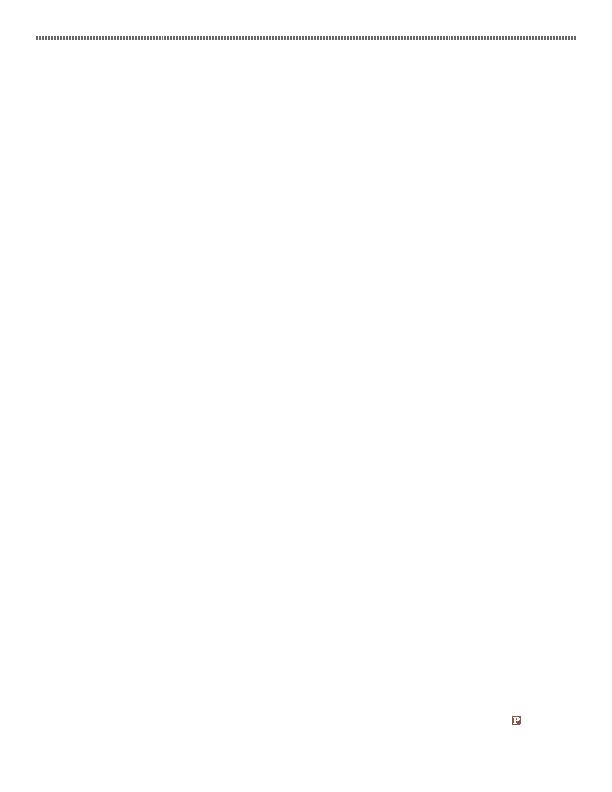
R&D manage or actively use IP rights)
and in the meantime profit from a
reduced tax rate with regard to license
income. Thus, there are no selective
criteria an entity must fulfil in order to
get access to favorable tax conditions
regarding its licensing income.
The License Box reduces the tax rate
for license incomes by 80%, i.e. to a
cantonal income tax of 1.2%. Together
with the federal tax (6.6%), the effec-
tive statutory tax rate for license income
amounts to 8.8%.
IP Rights
on Art. 12 para. 2 of the OECD Model
Convention. Accordingly, license income
"constitutes payments of any kind re-
ceived as a consideration for the use of,
or the right to use":
entific work including cinematograph
films,
or for information concerning indus-
trial, commercial or scientific experi-
ence (know-how).
a patent or another IP right is registered
in Switzerland: Profits from IP rights
granted by third countries (e.g. U.S.
patents) are also eligible for the relief.
Thus, the Canton of Nidwalden has
chosen to adopt the widest definition of
license income available within Europe.
Most other European jurisdictions limit
the application of a reduced IP tax rate
to innovative profits derived from patents
and possibly know-how. Only very few
apply it to royalties derived from trade-
marks and none to all kind of copyrights.
The Swiss system does not other
than most of the comparable European
models differentiate between "old" and
"new" IP rights. The reduced tax rate
applies to any income derived from the
IP rights defined under para. 1 above,
have been developed before or after the
introduction of the new tax regime.
Furthermore, it is irrelevant whether
the Swiss IP company has been involved
in the development of the the relevant IP
right or if it has purchased the IP right in
question from a third party. It is suffi-
cient that the Swiss company receives li-
cense fees on licensed IP rights. Accord-
ingly, passive IP holding companies also
qualify for the regime. The Swiss system
shares this advantage with Luxembourg.
However, contrary to Luxembourg, even
IP rights that have been purchased from
an associated company fall under the
License Box regime.
IP Profits and Additional
Tax Deductions
generated through licensors situated in
Switzerland, as well as abroad, fall under
the scope of the tax reduction regime.
The reduced tax rate applies to net
license income derived from qualified
IPR. Thus, expenses in connection to
the collection of the license fees may
be deducted from the license income.
The same applies to other financial
and administrative expenses (including
attributable tax costs) as well as depre-
ciation and license payments to other
companies.
Furthermore, the tax regime of the
Canton of Nidwalden promotes R&D
activities by allowing their full deduction
as expenses, thus reducing the taxable
income. In addition, tax provisions may
be made for future R&D investments.
Box in Switzerland?
effect, nearly all companies having
income from any form of IP rights should
consider a License Box in Switzerland.
Usually, and if there is no prior Swiss
presence of a company, a turnover from
IP of around USD 1'000'000 p.a. is rec-
ommended to make the establishment of
a Swiss License Box profitable.
The setup and recurring costs are
limited and can be agreed upfront with
services normally include establishing
and registration of the company,
accounting, group reporting and tax
fillings as well as providing a board
member or director. Depending on the
specific group requirements and the
size of the company (i.e. total assets,
turnover) the IP Company may even
abstain from being audited.
The music and pharmaceutical
industry were among the first to
establish License Boxes in the Canton
of Nidwalden. In the meantime, other
industries followed and will follow.
Keeping in mind that no local context
is required, License Boxes are an
alternative for many U.S.- based or other
international companies having taxable
income from IP rights, even if it is
generated within a group.
Canton of Nidwalden has with currently
8.8% not the lowest effective tax rate on
license income among the comparable
systems of other European jurisdiction,
it is, taking into consideration all
relevant factors, likely to be the most
advantageous:
the reduced tax rates applies to a
much broader catalog of IP rights,
and in particular, includes profits
generated from know-how and trade
secrets.
ister additional IP in order to profit
from the relief.
also applies to license incomes gained
from IP rights prior to their registra-
tion. This is of particular importance
for companies operating in fast-moving
markets where a technology may become
outdated even before a patent registra-
tion has been granted.
Finally, the applicability of the re-
gime is neither limited with regard to the
source of the license payment nor to the
developer of the IP right.